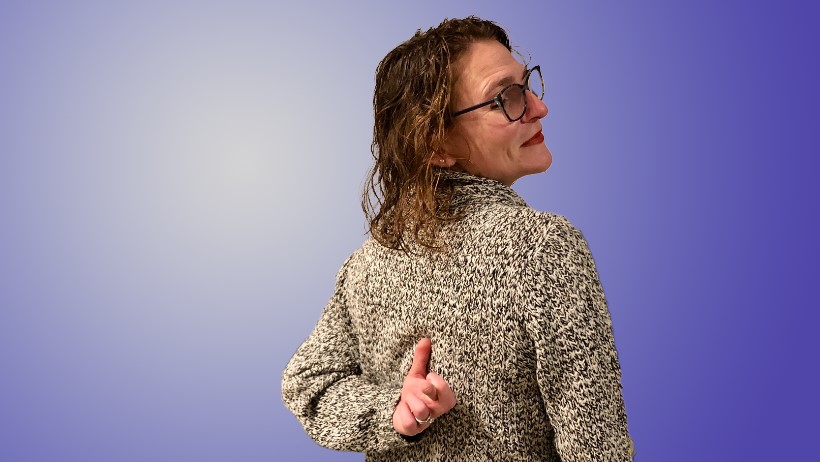How often have you committed to yourself to doing something or making a change, only to lose your resolve a while later? Saying “I’m not going to check my phone after 7 p.m.” or “I’m going to get some physical activity in every day” doesn’t do much good unless there’s someone else around to hold you accountable. At the same time, if I ask someone to hold me accountable, but I’m not really committed to doing the work myself, that’s no good either. However, in both cases the person ultimately responsible is yourself.

Is the question one of action and follow-through? Or is it one of honesty? If you’re not honest with yourself about what you can and cannot accomplish, the goals you set don’t stand a chance. This is one of the hardest parts of making any change. It’s not easy to admit when something isn’t working, especially when you’ve failed at something you promised yourself.
This week we read Parshat Vayikra, which begins the third book of the Torah and details the many sacrifices and daily, active mitzvot of living as an Israelite. After an explanation of the frequency of the sacrifices, we learn that there can be a sacrifice made in times of joy and in times of sorrow. There is a special sacrifice for being guilty of a sin and others for complete thanksgiving. As Sefer Vayikra continues, we learn about the laws of how to treat one another, how to engage in holy relationships, and how our calendar and meals should reflect our innermost values and desires.
If you examine that list of the different sacrifices to be offered for different occasions, you’ll learn about the burnt offering and the requirement that for offerings of “broken oaths,” a confession is required. This is called hitvadah in Hebrew. This Hebrew verb is reflexive, implying that our responsibility is to confess to ourselves, to admit to our hearts our own wrongdoing.
In this moment of Vayikra, of “calling out,” we are reminded both to listen to what others are asking of us and to listen to ourselves. When you break an oath you’ve made to another person, you apologize, plain and simple, and the other person decides whether or not to forgive. But what do you do when you break an oath to yourself? In those cases, the apology and the forgiveness are both up to you, and the first step to making progress of any kind is being honest with yourself.



